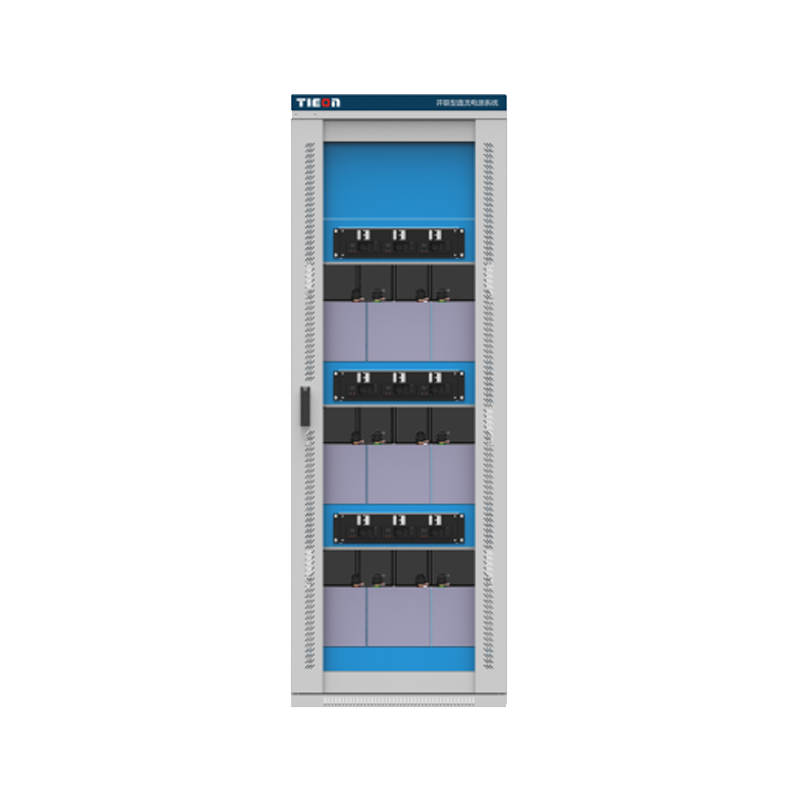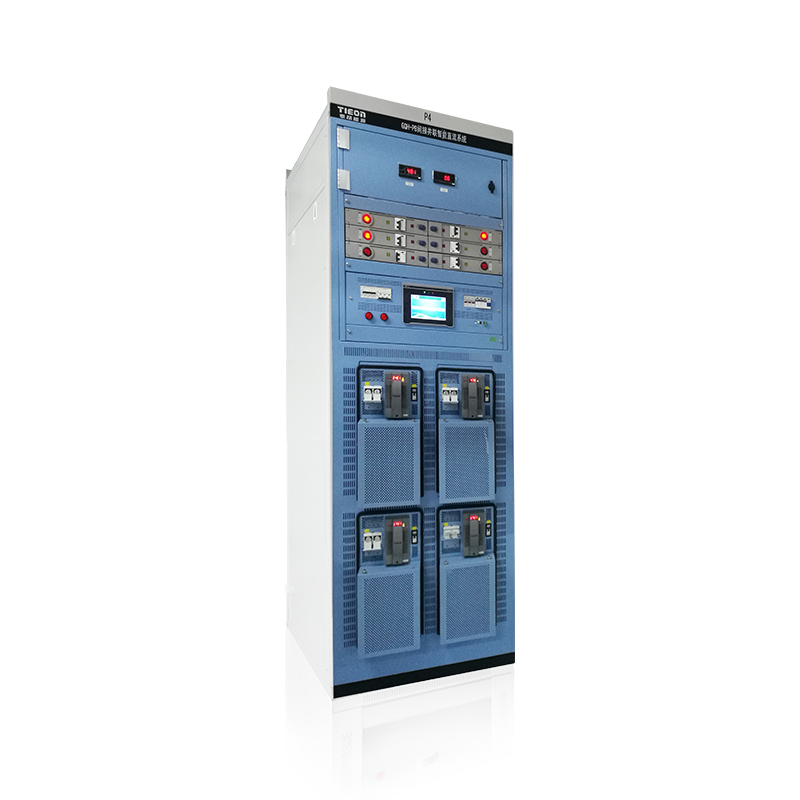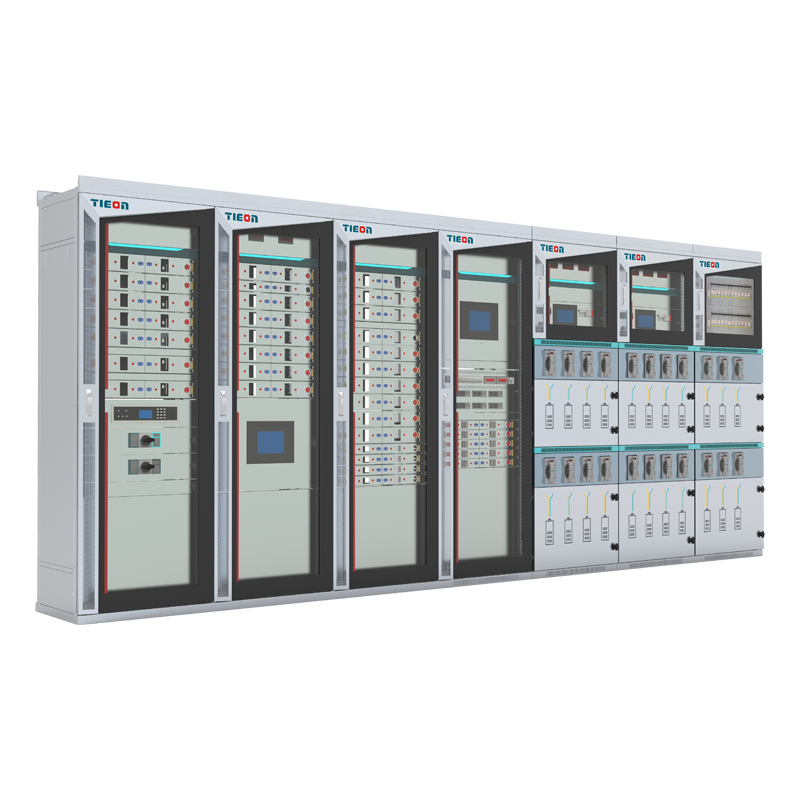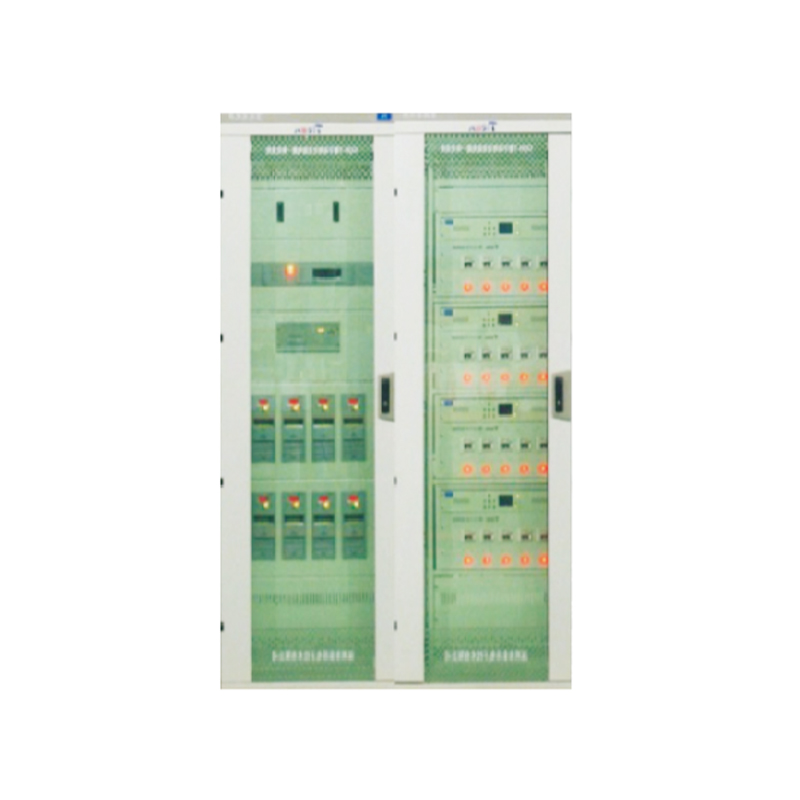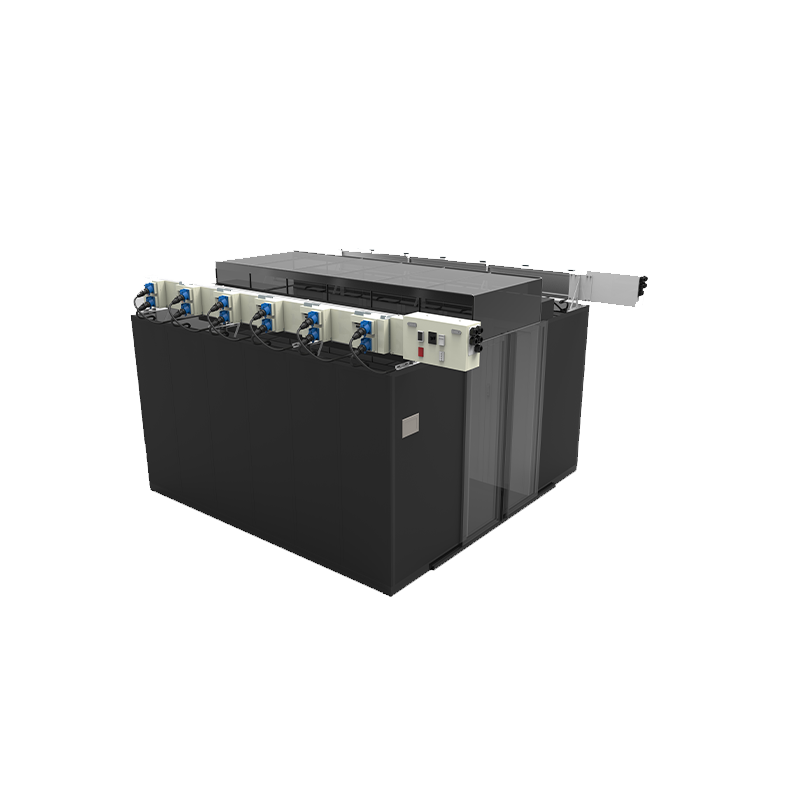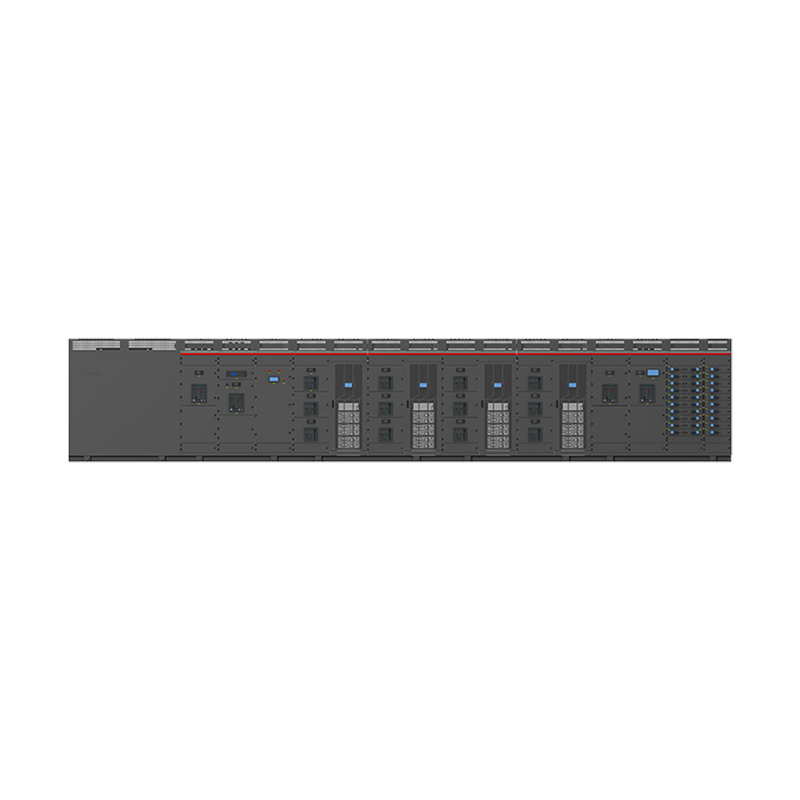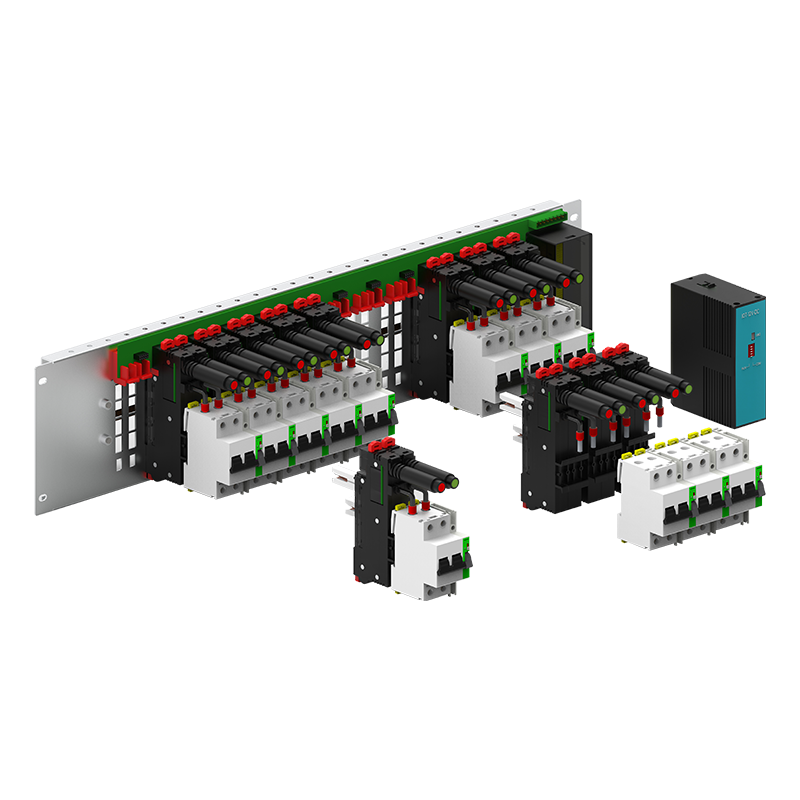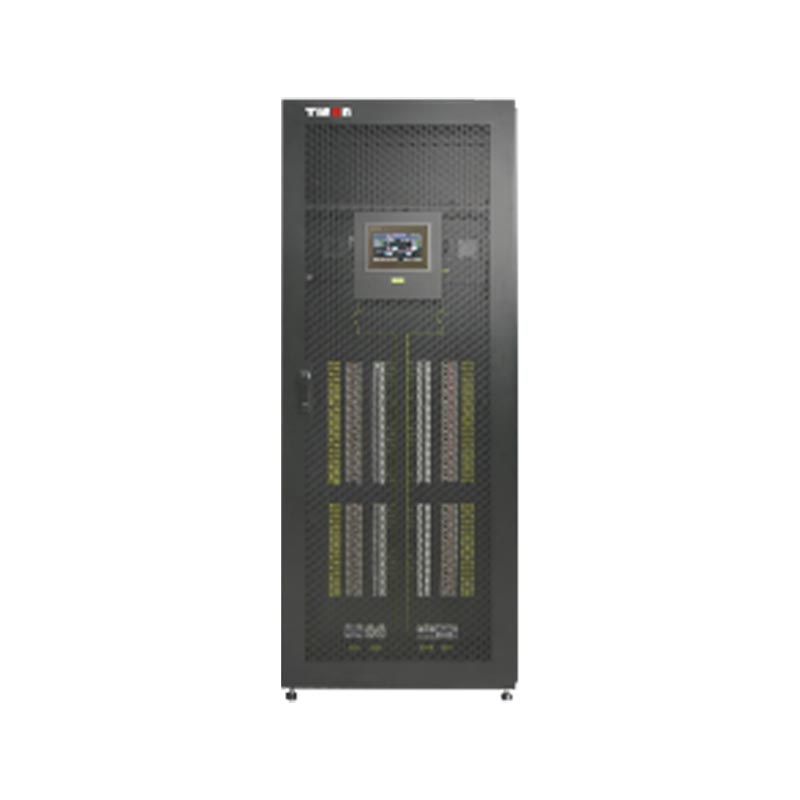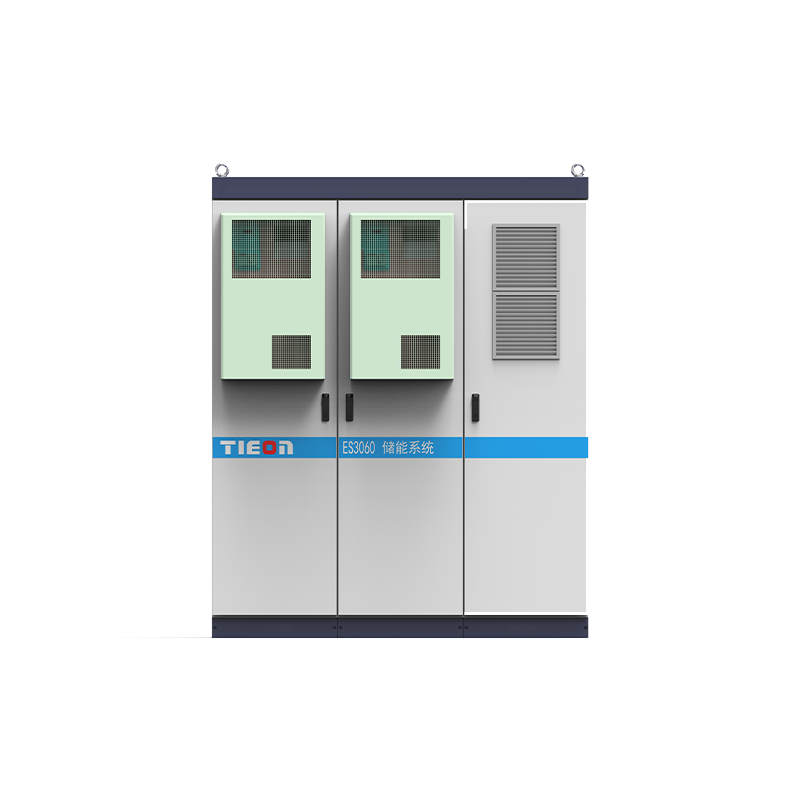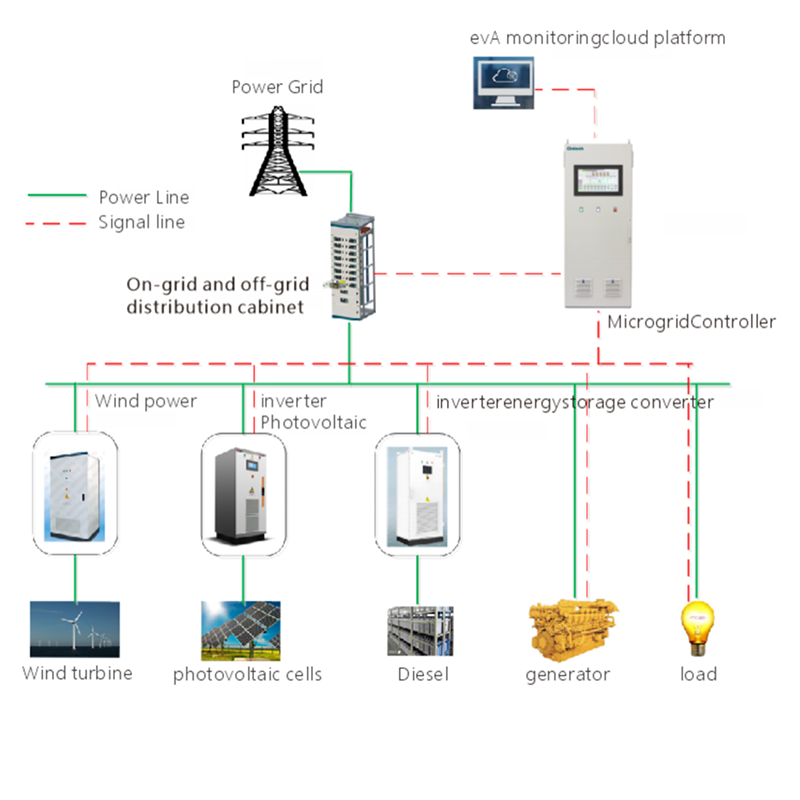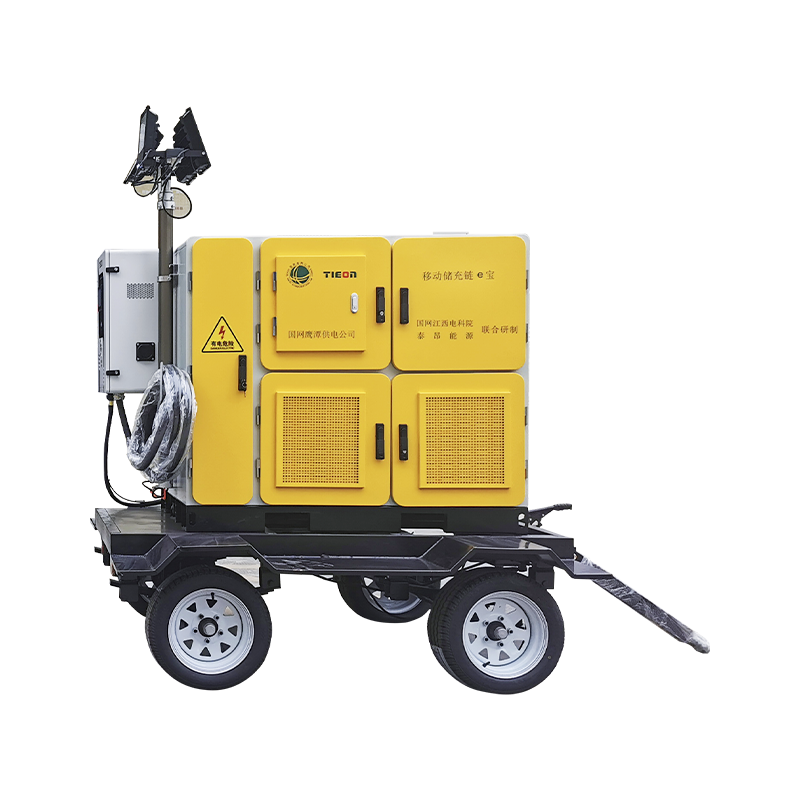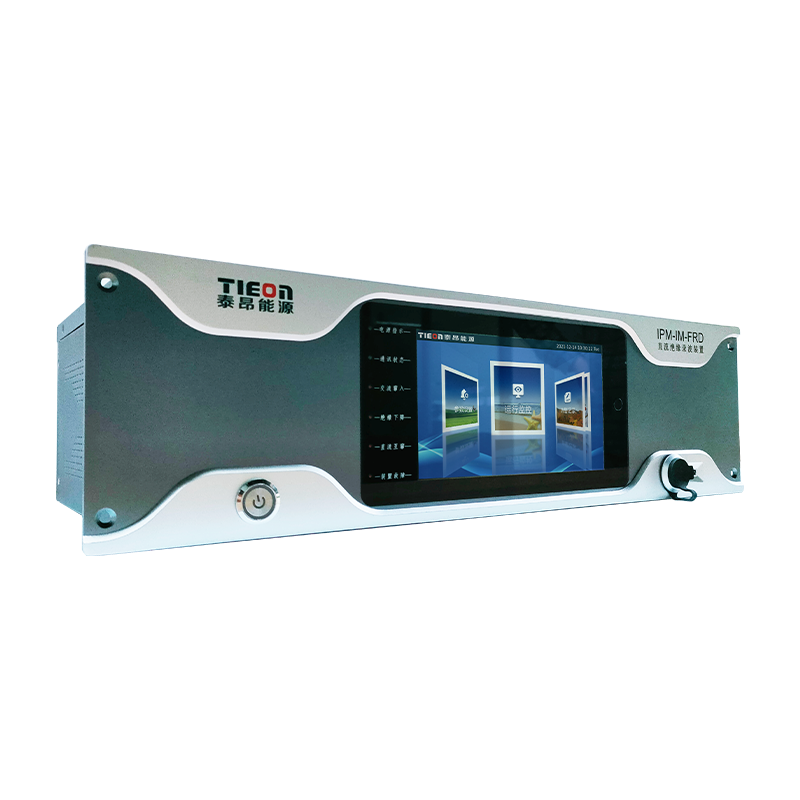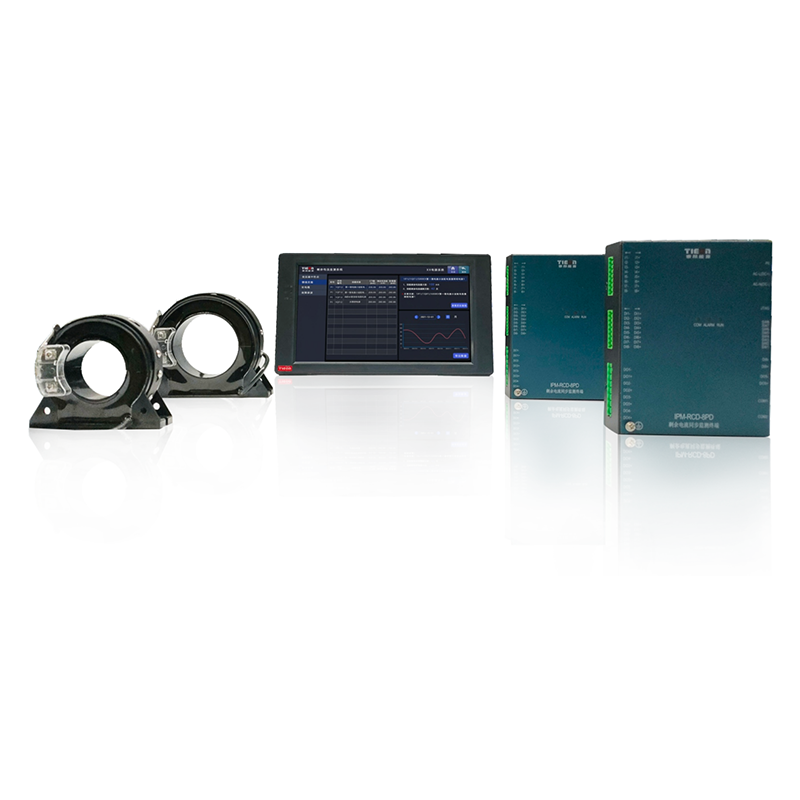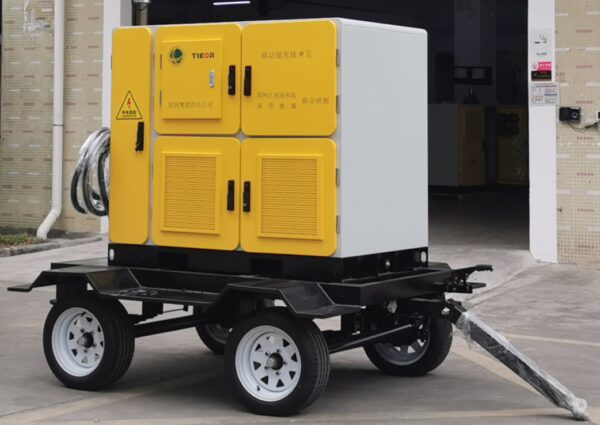What Is Backup Power?
A backup power source, also known as an emergency power source, is a device that provides electrical power to appliances or equipment when the primary power source fails. Its purpose is to offer reliable power support, ensuring that devices and systems can continue to operate normally during main power outages. backup power sources are widely used across various sectors including healthcare, telecommunications, finance, transportation, energy, and more. The primary function is to ensure continuous operation of critical devices and systems by providing reliable power during main power failures.
Types of backup power Sources Based on Technical Principles and Application Scenarios:
Uninterruptible Power Supply (UPS):
A UPS uses batteries as an energy storage device. It employs inverters and voltage regulators to ensure that electrical appliances or equipment receive continuous power during grid outages or voltage fluctuations. This type of backup power source provides instantaneous power, ensuring no interruption in operation.
Generator Sets:
Generator sets produce power by using internal combustion engines or turbines to drive generators. These devices provide a reliable source of electricity for extended periods during power outages. They are commonly fueled by diesel, gasoline, natural gas, or propane.
Battery Packs:
Battery packs store energy through chemical reactions and convert it into electrical energy when needed. By connecting multiple batteries in series or parallel, the capacity of the battery pack can be increased to provide sufficient backup power. Battery packs are often used in conjunction with UPS systems or as standalone solutions.
Solar Backup Power:
Solar backup power systems convert solar energy into electrical energy using photovoltaic panels. The generated electricity is stored in batteries. When the main power source fails, an inverter converts the stored DC power into AC power to supply electrical loads. This type of system is environmentally friendly and ideal for locations with abundant sunlight.
Fuel Cell Backup Power:
Fuel cell backup power sources generate electricity through a chemical reaction between hydrogen and oxygen. This process produces clean, reliable power without combustion. Fuel cells are particularly useful in applications requiring long-duration backup power and minimal environmental impact, such as remote installations or critical infrastructure.
How to choose backup power or Equipment
When selecting backup power or equipment, consider the following factors:
Power Suitability: Ensure the backup power source or device has sufficient wattage for your required equipment.
Quality and Certification: Verify the reliability of the backup solution and check for relevant certification.
Maintenance Costs: Assess whether the maintenance costs associated with the backup are reasonable.
Response Speed: Confirm that the backup system can quickly switch on to minimize downtime.
Applications:
Healthcare: Ensures that life-support systems and other critical medical equipment remain operational.
Telecommunications: Keeps communication networks functioning to maintain connectivity.
Finance: Supports banking systems and financial transactions to avoid disruptions.
Transportation: Maintains traffic signals, airport operations, and other transportation infrastructure.
Energy: Ensures uninterrupted power supply for essential energy facilities and services.
When do we need backup power?
- Main Equipment Damage or Malfunction
In enterprises or personal use, some equipment must operate 24/7, such as in data centers and hospitals. If primary equipment fails or stops working, it can lead to significant financial losses or pose life-threatening risks. At such times, backup power or equipment becomes crucial. Backup solutions can instantly take over from the main systems, ensuring continuous operation and preventing losses.
- Emergency Situations like Power Outages
During natural disasters or power outages, backup power or equipment plays a vital role. When there’s a power failure, backup power supplies can provide continuous electricity to critical devices, ensuring they remain operational and prevent data loss or damage. For instance, in industries like banking and securities that require 7×24-hour uninterrupted services, power outages could cause substantial losses to clients. Therefore, having reliable backup power is essential.
In summary, a backup power source is crucial for maintaining operational continuity and reliability in various critical sectors. By providing power during main power failures, they help ensure that essential services and operations continue without interruption, thereby safeguarding public safety and business continuity.it also an independent power supply that can be automatically or manually activated to ensure the uninterrupted operation of electrical equipment and systems, thereby supporting business continuity and operational reliability during power outages. This type of system is vital in sectors like data centers, hospitals, industrial facilities, telecommunications networks, and any environment where continuous power supply is necessary for maintaining operations.

